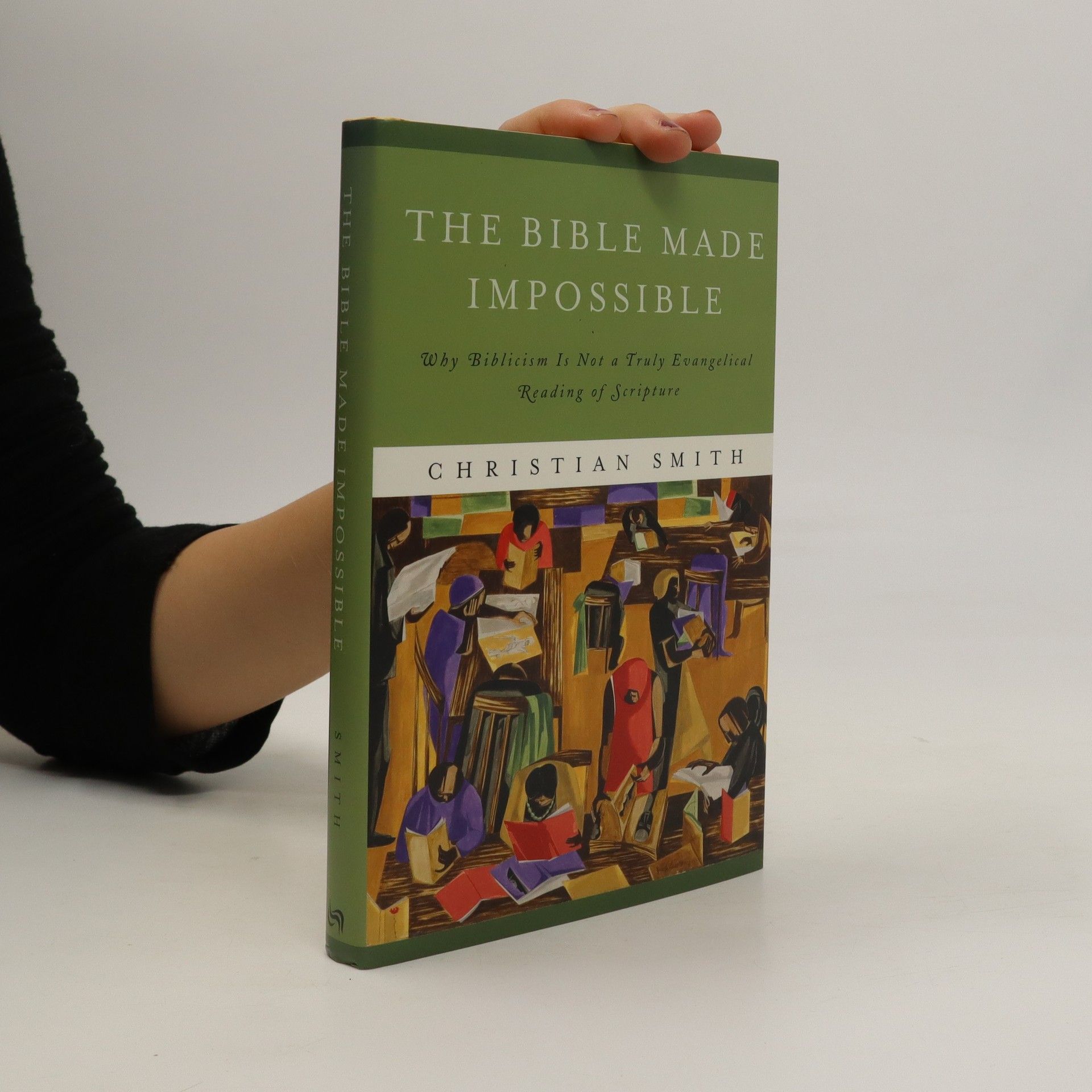Handing Down the Faith
- 264 pages
- 10 hours of reading
"This book is about how American religious parents approach the handing on of their religious practices and beliefs to their children. We know a lot about the importance of parents in faith transmission and factors that influence its effectiveness. But we know much less about the actual beliefs, feelings, and activities of the parents themselves when it comes to the intergenerational transmission of religious faith and practice"--


